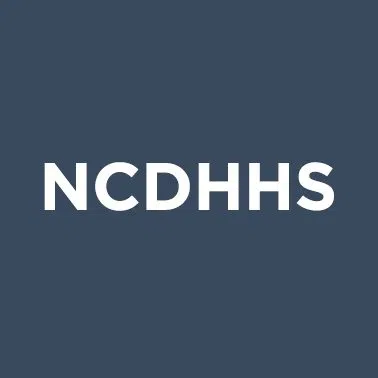WAYNE COUNTY, N.C. — North Carolina pharmacists gained new authority Tuesday to test patients for influenza and immediately prescribe antiviral treatments, a move state health officials say will increase access to care during the upcoming respiratory virus season.
The North Carolina Department of Health and Human Services announced that State Health Director Dr. Larry Greenblatt has issued standing orders allowing retail pharmacists to conduct flu testing and treatment starting Oct. 1, 2025. The authorization comes under House Bill 67, which was passed by the state legislature.
“This action reduces barriers for people who are feeling sick or have been exposed to someone with the influenza virus,” said NC Health and Human Services Secretary Dev Sangvai. “Being able to get tested and immediately treated at a pharmacy increases access for people who do not have a regular provider and will help make communities healthier during the respiratory virus season.”
Expanded Pharmacy Services
Under the new standing orders, pharmacists can evaluate patients ages 5 and older showing signs or symptoms of influenza, conduct point-of-care testing, and initiate treatment when clinically appropriate. Pharmacists are also authorized to offer preventive treatment to high-risk individuals who have had significant exposure to influenza within the past 48 hours.
For patients at high risk for flu complications, early testing and treatment with antiviral drugs can prevent infections from becoming more serious. Health officials emphasize that treatments work best when started soon after symptoms begin.
Patients will receive education on self-care strategies and measures to limit the spread of influenza, along with information about when to seek follow-up care. Pharmacists will also send visit information to patients’ primary care providers to maintain coordinated care, and will help connect those without a doctor to one.
Access and Coverage Considerations
Fees may apply for evaluations and medications provided under the program. While some private insurers may offer immediate coverage, state officials anticipate that coverage will expand over time. Patients should check with their pharmacy to confirm availability of testing and treatment services in the same visit, as appointments may be required.
The standing orders do not change existing care options. Patients who prefer to visit their regular provider or nearby clinic can continue to do so.
State health officials note that a majority of North Carolinians have a pharmacy in their community, opening up access for those without a regular provider or community clinic in their area.
Vaccination Remains Key Prevention Strategy
Health officials continue to emphasize that vaccination remains the best way to prevent serious illness, hospitalization, and death from influenza. Everyone six months and older, with rare exceptions, should receive a flu vaccine every season, ideally in September or October before the peak respiratory virus season during winter months.
Vaccinations are especially important for high-risk groups, including people 65 years and older, children younger than five, pregnant women, those with weakened immune systems, and individuals with certain medical conditions such as asthma, diabetes, heart disease, and obesity.
Flu vaccines are readily available at little to no cost and are covered by NC Medicaid, most private insurers, and the federal Vaccines for Children Program. Vaccines and treatments for RSV and COVID-19 are also available.
Health officials warn that flu tests can miss infections in some cases, and anyone with worsening or prolonged illness should seek medical care from a provider regardless of test results.







